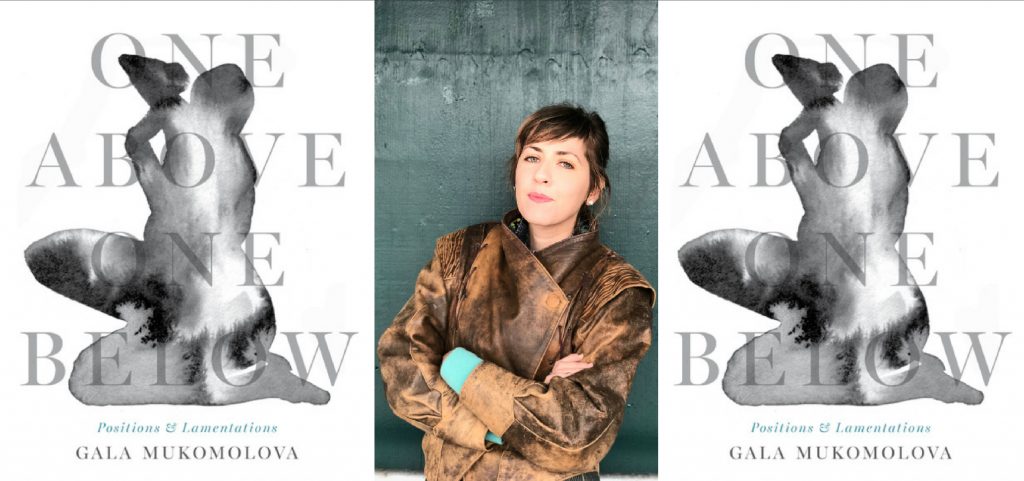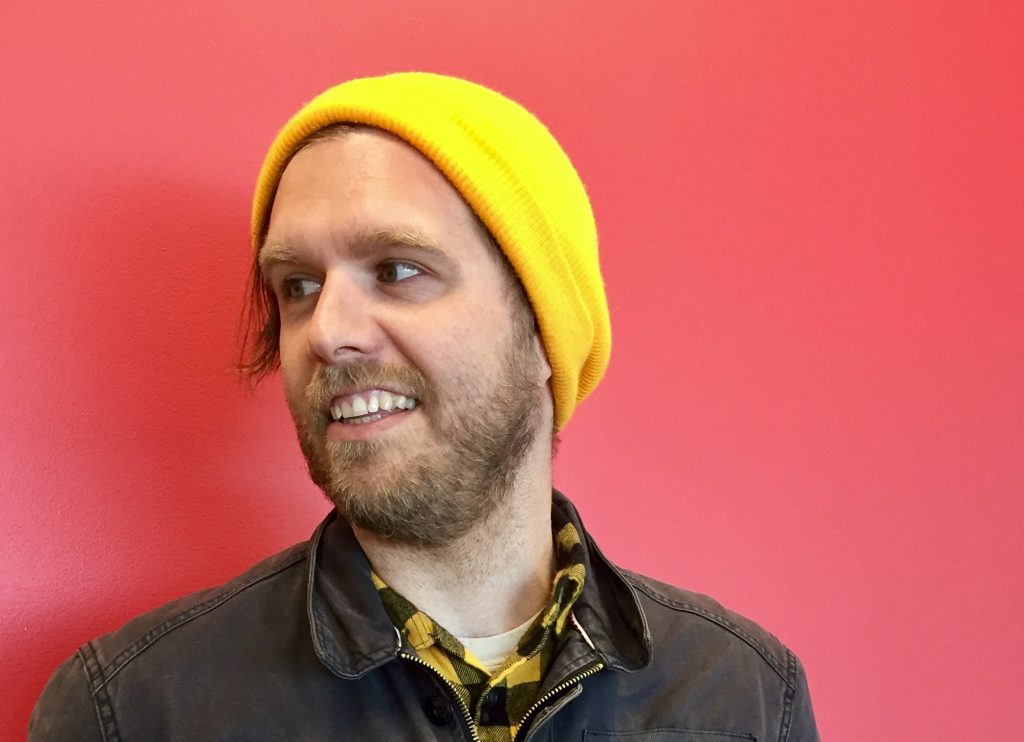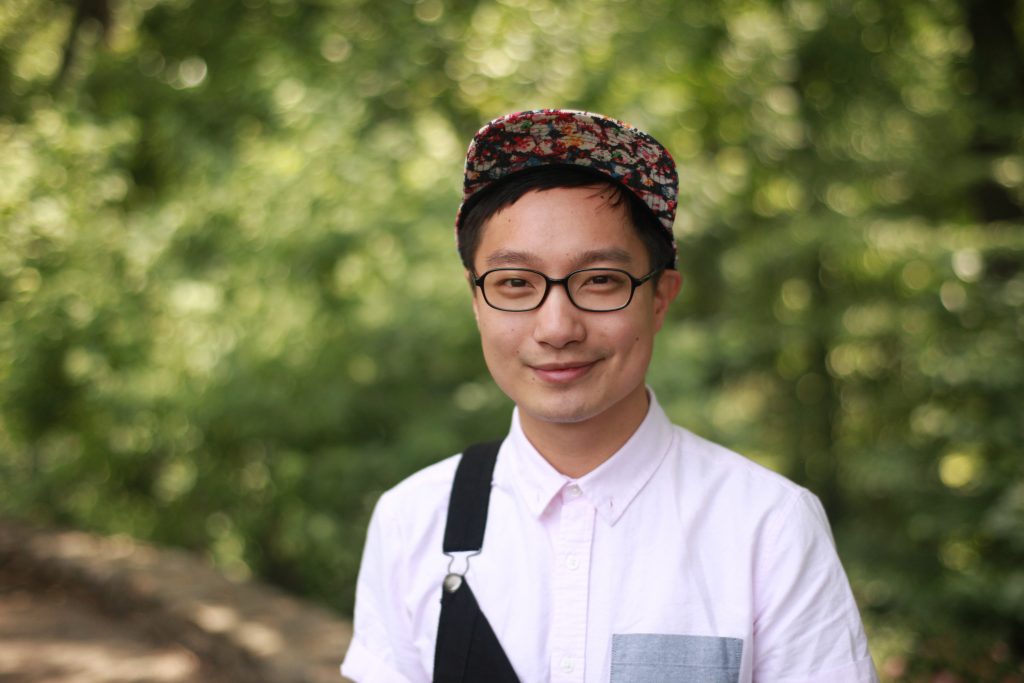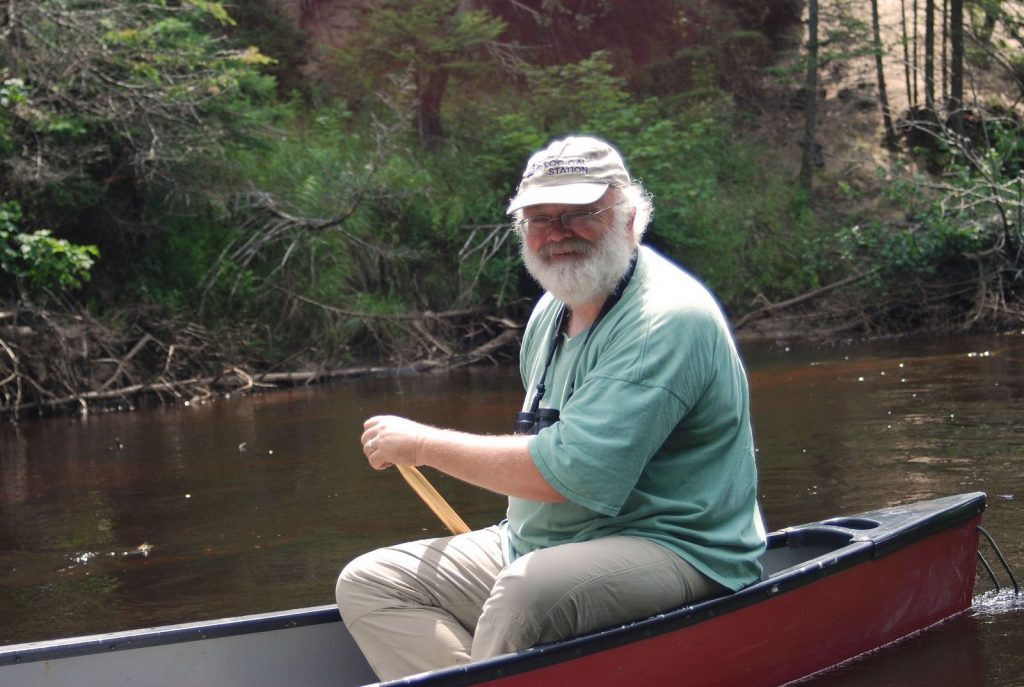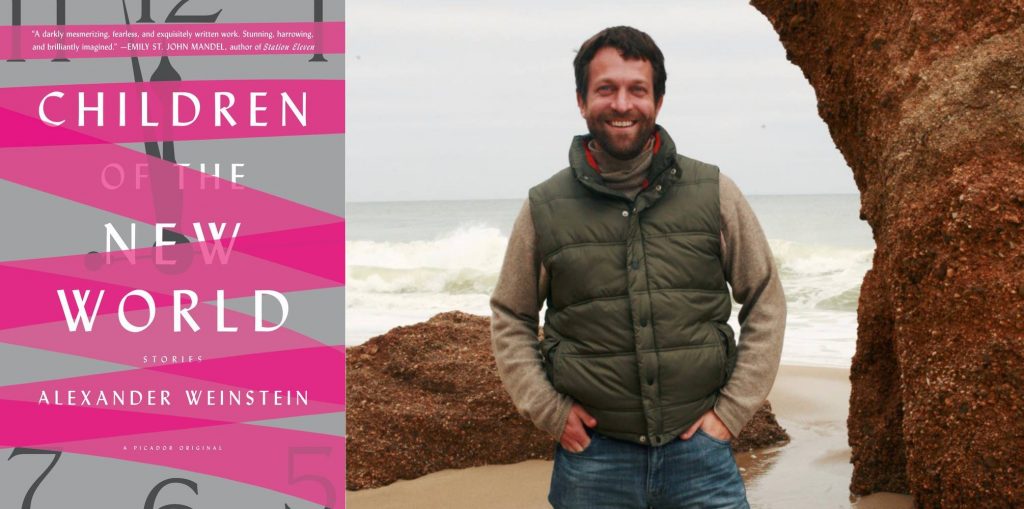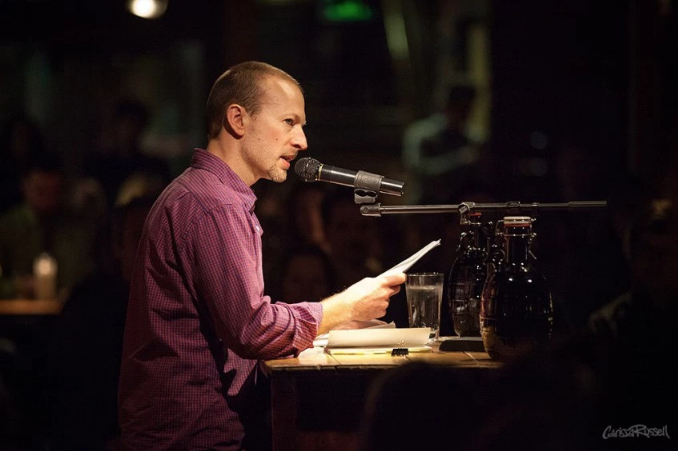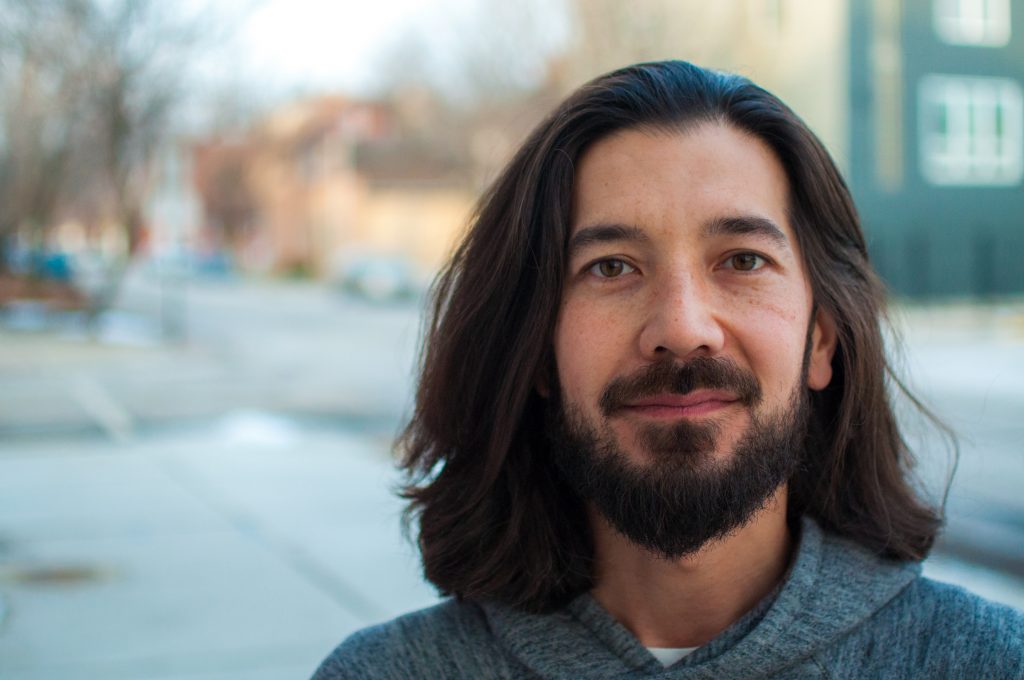“Above my desk is this line from Wallace Stevens: ‘In the world of words / Imagination is one of / The forces of nature.’ I think of the city that way—it’s a force of nature. It can enrapture you with its pulsing marquees or literally blow broken glass in your face. Where I live especially, the wind blows, and it’s either the smell of chocolate (from a nearby factory) or sewage. A stranger starts talking to you and you don’t know how to feel—you are guarded, but then you are friendly. You love this and you hate this. You are tired because it’s hard, and you feel strong because it is. And anxiety pulses beneath all of this, it (here we go with Heidegger) wakes you up to yourself, and in the very best situation, it makes you remember that you are the city.”

